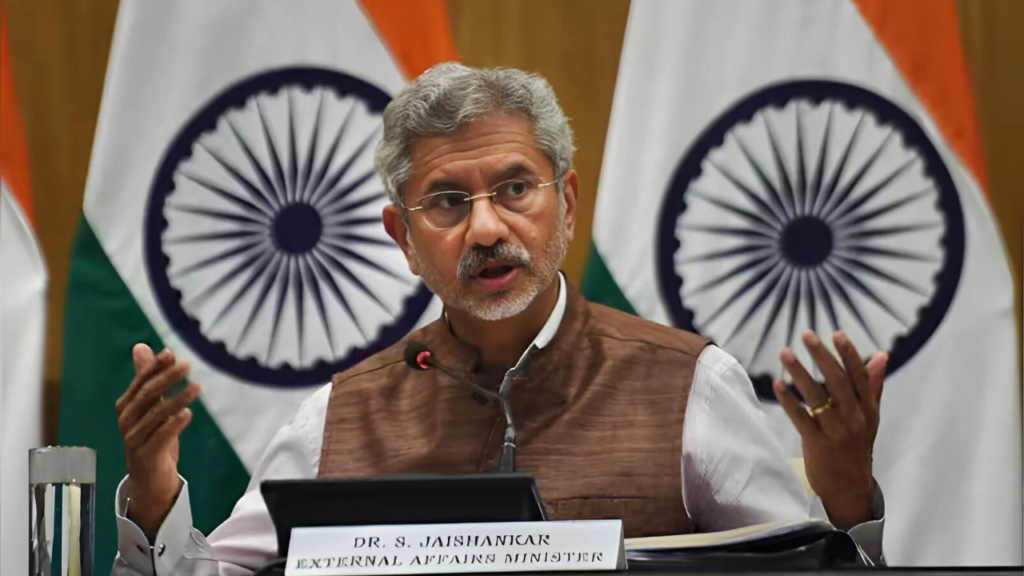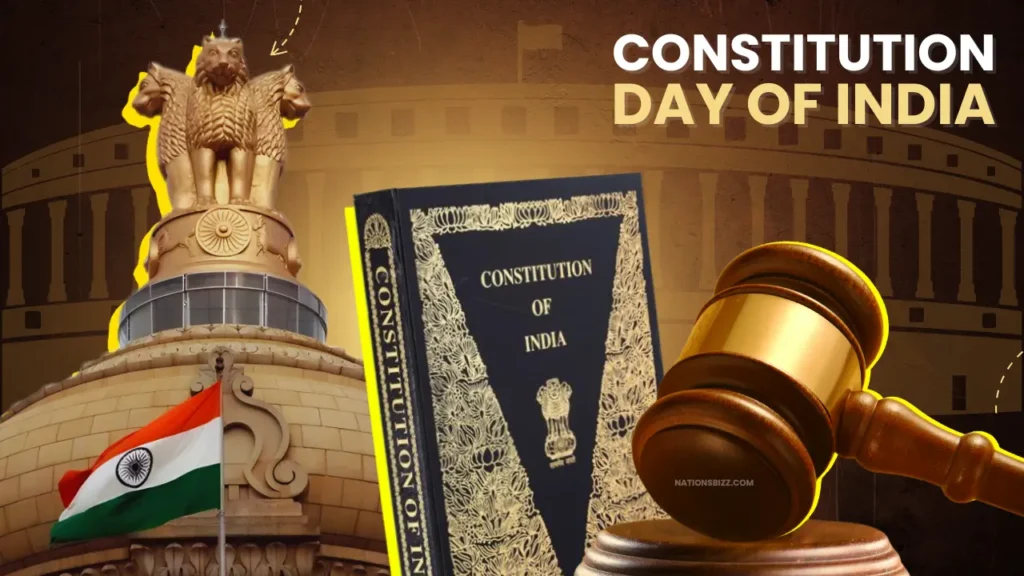In a significant diplomatic move, India has officially distanced itself from a joint statement made by the Shanghai Cooperation Organisation (SCO). That condemned Israel’s military actions against Iran. The Ministry of External Affairs (MEA) clarified that India had not participated in the discussionsThat led to the statement and therefore does not associate itself with its contents. This development underscores India’s nuanced stance on West Asian geopolitics and highlights its intent to maintain strategic balance in a highly polarized region.
Background: The SCO and the Israel-Iran Tensions
The Shanghai Cooperation Organisation (SCO) is a multilateral body comprising nations like China, Russia, India, Pakistan, and Central Asian countries. It frequently issues joint declarations on matters of international concern. Recently, amid escalating tensions in West Asia, the SCO released a statement condemning Israeli military strikes on Iranian targets.
The strikes followed a series of tit-for-tat incidents involving Israel and Iranian-backed militias. The international community remains deeply divided on the issue. With some nations backing Israel’s right to self-defense, while others view its actions as disproportionate or provocative. The SCO, dominated by members like China and Russia, issued a condemnation aligned with their pro-Iran leanings.
India’s Position: Non-Participation in Deliberations
In response to the statement, India’s Ministry of External Affairs issued a clarification that India had not participated in the discussions that formed the basis of the SCO statement. MEA spokespersons emphasized that India does not endorse or associate itself with the declaration. Making it clear that India’s name was added without its consent or involvement.
The MEA said:
“We did not participate in the deliberations of the joint statement condemning Israel’s actions. Therefore, India disassociates itself from the content of that declaration.”
This move reflects India’s cautious diplomatic approach in handling matters involving two of its strategic partners—Israel and Iran.
India’s Strategic Balancing Act
India maintains a delicate and strategic relationship with both Israel and Iran. On one hand, Israel is a key defense partner, with close collaboration in security, intelligence, and advanced weaponry. On the other hand, Iran is vital for India’s energy needs and serves as a geopolitical bridge to Central Asia and Afghanistan, particularly through the Chabahar Port project.
By distancing itself from the SCO’s statement, India has signaled its unwillingness to take sides in the Israel-Iran conflict. This stance helps protect its long-term strategic interests with both nations.
International Implications of India’s Clarification
India’s move to disassociate from the SCO statement may also be seen as a message to Western allies. Including the United States and the European Union. India has long championed non-alignment and strategic autonomy, and this episode demonstrates that India is careful not to be drawn into regional or ideological camps that could complicate its foreign policy priorities.
Additionally, it reinforces India’s position as a responsible global actor that chooses diplomacy and dialogue over reactionary alliances or public condemnations.
Israel’s Reaction to the SCO Statement and India’s Stance
While Israel has not issued an official response to India’s clarification, diplomatic observers suggest that India’s distancing from the SCO statement may be welcomed in Tel Aviv. Israel has consistently defended its actions as necessary for national security, particularly against Iran’s growing influence and alleged nuclear ambitions.
By refusing to endorse the SCO’s condemnation, India has likely ensured that its strategic ties with Israel remain unaffected. This is crucial at a time when India continues to benefit from Israeli technological and defense cooperation.
Iran’s Perspective and India’s Diplomacy
Iran may not take India’s decision lightly, especially given its longstanding criticism of Israeli military aggression. However, Iran also understands India’s need to maintain a balanced approach. Historically, India has stood by Iran on issues like oil trade despite sanctions and continues to invest in projects like Chabahar Port.
India will likely manage this friction through diplomatic channels, reiterating its support for regional peace, sovereignty, and dialogue-based solutions.
Impact on SCO Cohesion
India’s refusal to endorse the SCO statement could also point to divergent priorities within the organization. While China, Russia, and Central Asian countries may align more closely with Iran, India’s strategic calculus is more diversified. This incident may highlight India’s growing discomfort with certain geopolitical positions taken by SCO, especially when they conflict with India’s independent foreign policy.
Such developments may prompt India to re-evaluate the depth of its engagement within SCO if it feels that its voice and consent are being overlooked in joint declarations.
A Carefully Calculated Move
India’s decision to distance itself from the SCO statement condemning Israeli strikes on Iran underscores a carefully calculated diplomatic position. Balancing its relationships with two ideologically opposing nations—Israel and Iran—requires finesse, and this move reflects India’s commitment to maintaining that equilibrium.
By asserting its independent foreign policy and refusing to be bound by blanket multilateral statements, India reiterates its position as a sovereign, autonomous global player that engages on its terms. In an increasingly polarized world, this strategy may be both prudent and necessary.





















